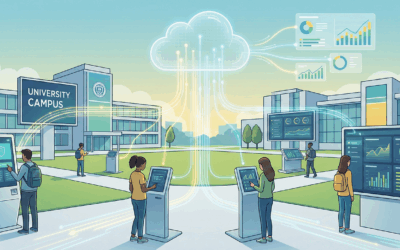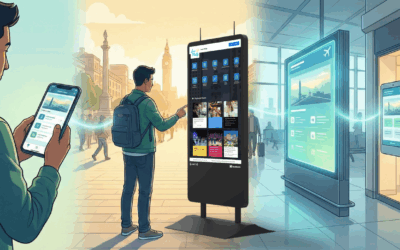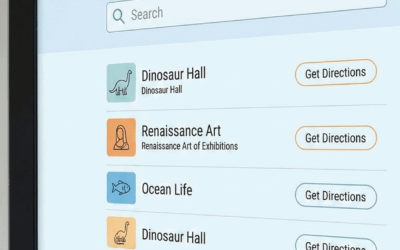The hospitality industry is constantly evolving, and with it, hotel marketing strategies must also adapt. As we look towards 2024, there are a plethora of innovative methods that hospitality businesses are starting to employ, alongside the tried and true strategies that have proven their effectiveness over time. One such innovation is the use of interactive kiosks, a tool that can significantly enhance a hotel’s marketing strategy. Let’s taking a closer look at strategies that can accomplish hotel marketing objectives.
Traditional Hotel Marketing Strategies
Even as new techniques emerge, certain traditional hotel marketing strategies remain effective. These include the following.
- Building strong relationships with local businesses – By partnering with other companies in the local area, hotels can offer guests unique experiences that they wouldn’t find elsewhere.
- Loyalty programs – These encourage repeat visits and foster a sense of brand loyalty among guests.
- Optimizing the booking process – A smooth, user-friendly booking process reduces friction for potential guests and increases the likelihood of conversions.
- Events and promotions to attract new customers – Hotels can use special events or promotional offers to entice potential guests and showcase their unique offerings.
- Free samples or giveaways – Offering free samples or giveaways is a cost-effective way to promote the hotel’s amenities and services.
While these strategies have proven effective in the past, it’s important for businesses to continue evolving their methods as time goes on.
Target Audience – Traditional hotel marketing strategies typically target older, more affluent travelers who have the financial means to stay at higher-end hotels. However, as we approach 2024, there is a growing demand for personalized experiences and unique offerings from younger generations.
The goal of these strategies is to build brand awareness, attract new customers and retain current ones. However, with the rise of technology, there are now more ways for hotels to achieve these goals.
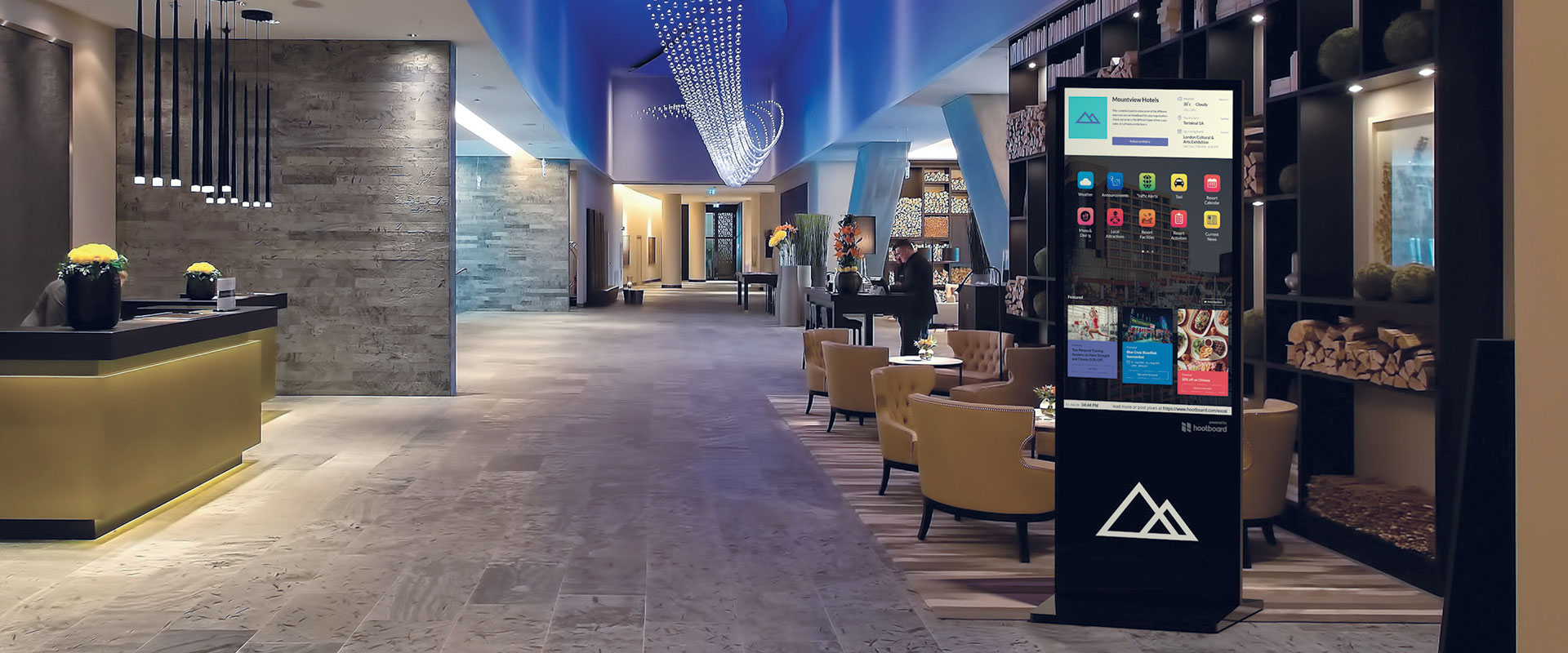
Innovative Hotel Marketing Strategies
As technology advances and consumer behaviors change, the hotel industry needs to stay ahead of the curve. Some innovative hotel marketing plan include the following.
- Search Engine Optimization (SEO): SEO helps hotels and hotel websites to rank higher in search engine results, increasing website traffic and driving direct bookings.
- Content Marketing: Sharing engaging, valuable content builds brand awareness and trust with potential customers.
- Influencer Marketing: Working with influencers can help to reach a broader target audience and create campaigns that resonate.
- Mobile Device Integration – With the majority of travelers using their smartphones to book and plan trips, it’s crucial for hotels to have a strong mobile presence.
Target Audience – These innovative strategies tend to target younger, tech-savvy travelers who value convenience and unique experiences.
The goal of these strategies is to increase brand exposure, improve online visibility, and attract new customers through digital channels.
True Story – I was staying at a popular family resort (the one that has a huge water park inside the hotel) and I almost bought extra nights because they texted me a special offer. I wouldn’t have even checked my email for that. It was super cool how they used technology to reach me. Unfortunately, they didn’t have the availability, so there is room for improvement in the experience, but I was ready to buy.

The Role of Interactive Kiosks in Hotel Marketing
Interactive kiosks are becoming increasingly popular in the hotel industry. They can support a successful hotel marketing strategy in several ways.
- Improving the Check-In Process: Kiosks can streamline check-in, creating a better experience for guests and freeing up staff to focus on other tasks.
- Promoting Upcoming Events or Offers: Kiosks can display information about special deals or events, encouraging guests to spend more during their stay.
- Collecting Guest Reviews: Kiosks can prompt guests to leave reviews, providing valuable user-generated content for marketing efforts.
Target Audience – Interactive kiosks can appeal to both younger and older travelers. They offer convenience and technology for younger guests, while also catering to the needs of older guests who may not be as tech-savvy.
The goal is to enhance the guest experience, increase revenue, and gather valuable data for future marketing efforts.
The benefits of using an interactive kiosk for hotel marketing are clear. You can talk to a broader audience, gather valuable data, and provide a more enjoyable experience for your guests. As we look towards 2024, integrating interactive kiosks into hotel marketing strategies will undoubtedly become even more prevalent. So, if you haven’t already, it’s time to start exploring this innovative tool and see how it can help take your hospitality business to new heights in the coming years.
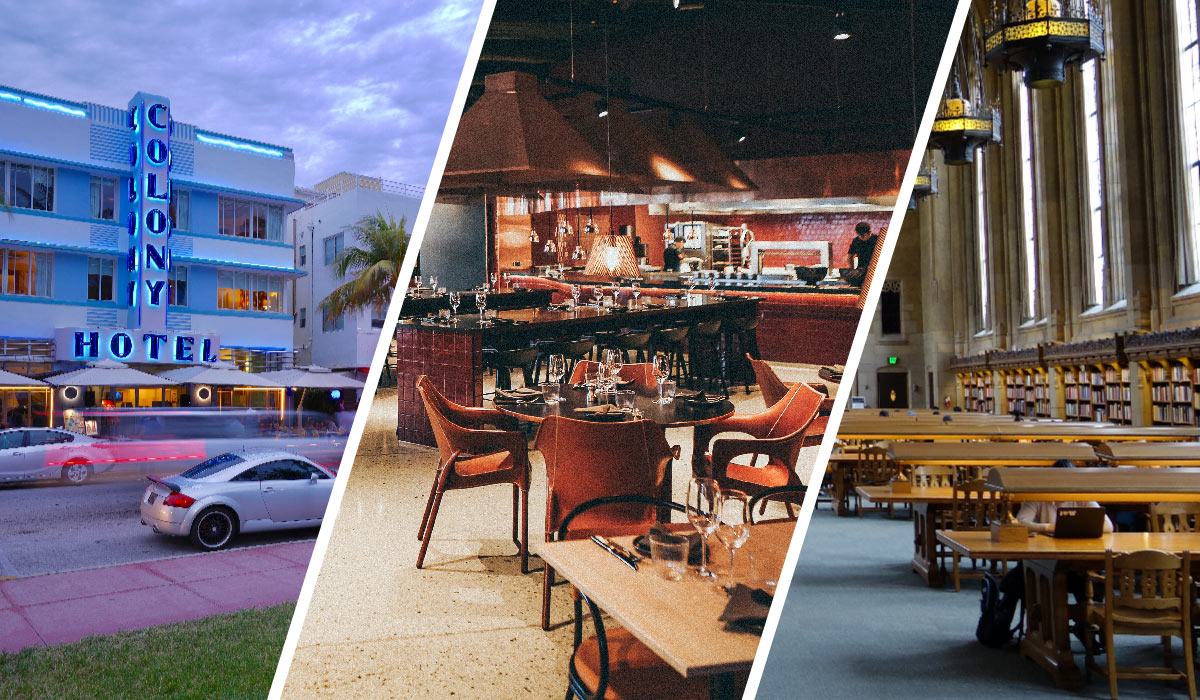
Balancing the Old and the New
A powerful hotel marketing strategy combines proven marketing methods with innovative approaches. Here are some ways to achieve this balance:
- Maintaining a Strong Social Media Presence: Both a traditional and modern tool, social media platforms are essential for reaching and engaging with your target audience.
- Leveraging Technology: From mobile devices to virtual reality tours, technology offers numerous opportunities for creative marketing campaigns.
- Focusing on Customer Service: Regardless of the marketing channels used, excellent customer service is always at the heart of the hospitality industry.
As we move towards 2024, hotel owners and marketers must be willing to adapt and innovate. By combining reliable strategies with new techniques and technologies, hotels can attract more business, build brand loyalty, and create memorable guest experiences. You should always being staying up-to-date with any new and effective hotel marketing strategy ideas.


